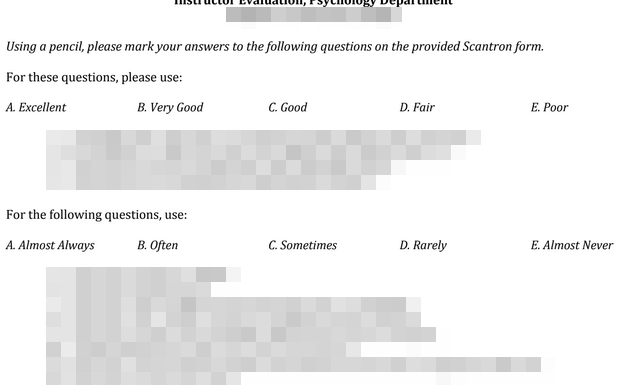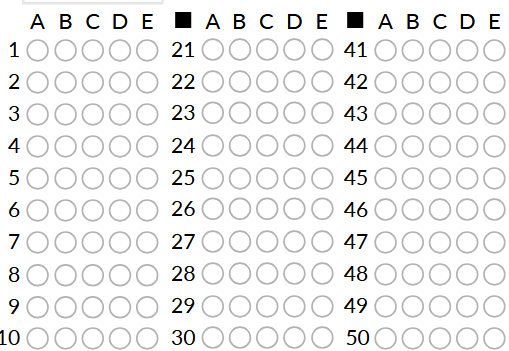‘Tis the season for student evaluations of teaching
It must have been in my first year of full-time teaching. I was sitting in the faculty break room feeling nervous about seeing my student evaluations of teaching when I heard from down the hall, “I found it!” My colleague Larry came into the break room holding a piece of paper in the air. Gamely, I asked, “What did you find?” A negative evaluation. He found a negative evaluation. One of his core teaching goals was to challenge his students to think differently. He didn’t ask students to adopt his view of the world, but he did want them to see the world from differentRead More →











